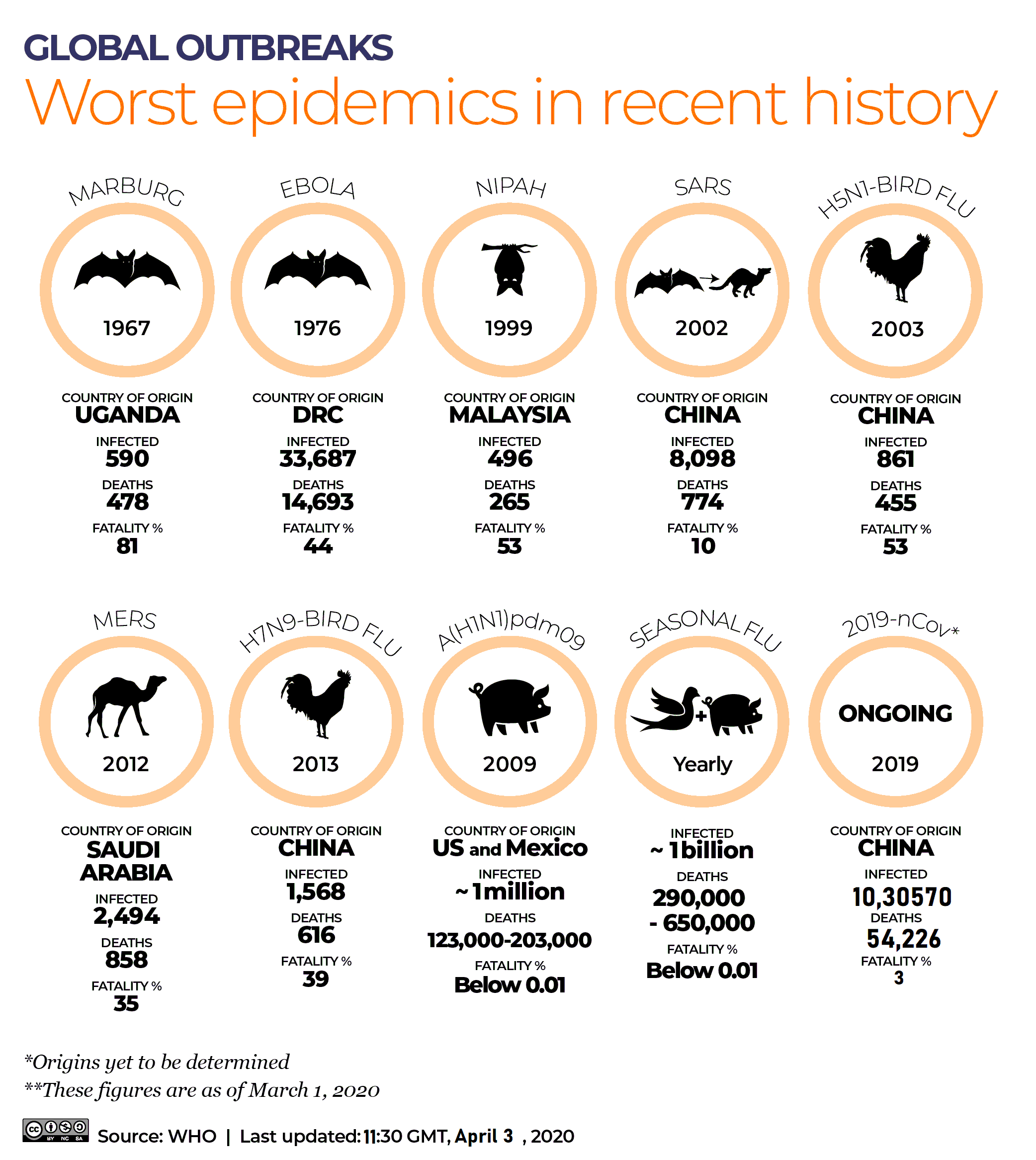
There are About 10 Trillion Viruses on the Earth:
After SARS, Mers flu, Ebola, Nipah in the last two decades, now the coronavirus has rocked the world. Scientists also have their hands tied with dangerous viruses coming one after the other. Actually, there are about 10 trillion viruses on the earth, whose names we do not even know. Scientists at the University of Sydney say that currently only about seven thousand species of this diverse virus system (virosphere) have been collected. Famous scientist Fort Dietrick, who researches Ebola and COVID-19, among the world's most dangerous viruses, says that much more remains to be discovered about viruses.
Masks and social distance even 100 years ago
The situation was still the same during the flu spread from Spain in 1918. People were mandated to wear masks and social distance was being followed. Around 5 crore people were killed worldwide. In 15 months, 18 million people died in India alone. Amidst the havoc of Corona, these 100-year-old photos have gone viral on social media.

Nomenclature of 6,828 species only
After the discovery of viruses at the end of the 17th century, it was discovered that these viruses were caused by diseases such as rabies and influenza. Even after decades of hard work, 6,828 species have been named. In contrast, entomologists have succeeded in naming 3,80,000 species of insects.
Beginning ... 15 thousand viruses at sea
In recent years, scientists detect genes in virus samples through genetic material and advanced computer programs. In 2016, Matthew Sullivan, an expert at Ohio State University in the United States, and his colleagues identified more than 15,000 viruses under the sea. They found two million new viruses.
There are 39 species of corona
39 species of coronavirus have been identified. The World Health Organization named the current pandemic as 'Coronavirus Disease 2019' or 'Kovid-19' after the discovery of China. This virus and SARS have genetic similarities.
In March, the International Committee on Taxonomy of Viruses said that both these viruses are from the same species. The virus that spreads SARS is known as SARS-Cove, therefore, COVID-19 is being called SARS-Cove-2.
Only 250 species choose humans as hosts
According to scientists, so far, only 250 species of viruses have chosen the human body as their host. That is, only a very small fraction in the virosphere infects humans. Experts say that there are millions of viruses affecting animals, plants, fungi, and protozoans.
Identity is difficult due to gene swapping
Detecting the class of species present in the virosphere has been an extremely challenging task. Viruses exchange genes with other species, making it very difficult to make a clear distinction between their groups. In February this year, it was found that out of 74 genes found in a lake, 68 were not found in any virus.






